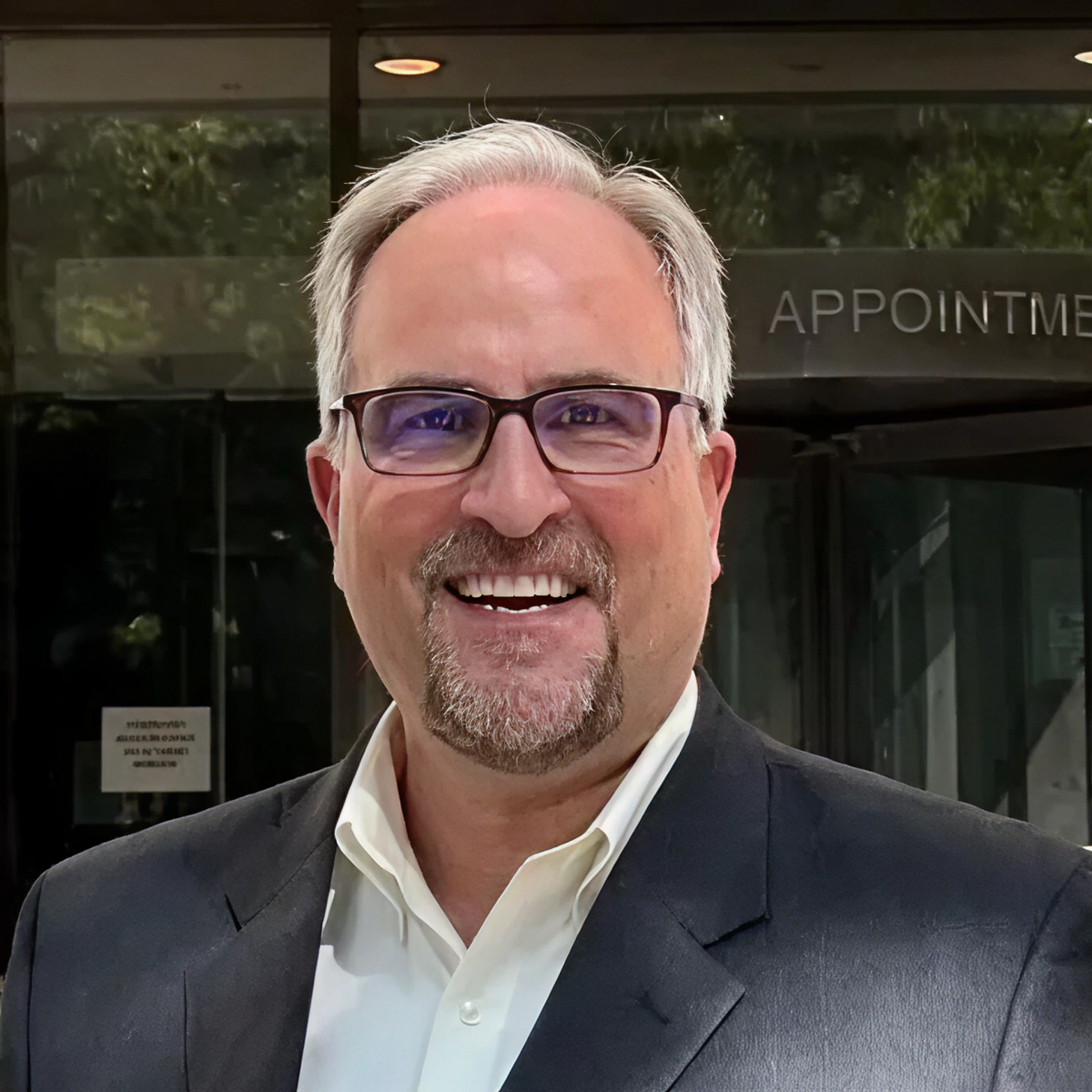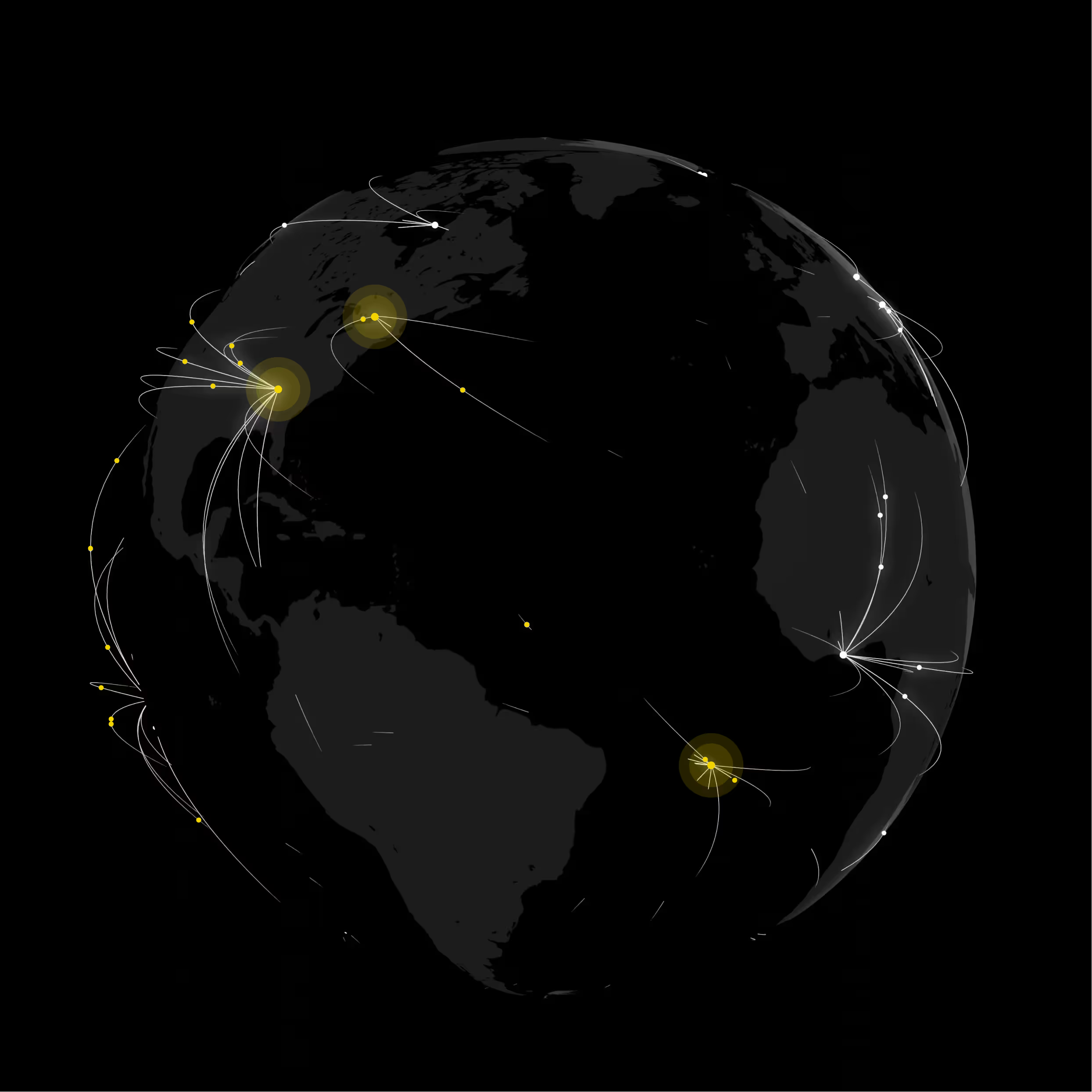
Get Street-Level Insights
Washington, D.C., the capital of the United States, boasts a rich history and contemporary significance in both national and global politics. While it is a hub for governmental affairs and monuments, it has also experienced its share of challenges related to crime and safety. The city's security situation has seen improvements over the years, but like many urban centers, it deals with issues pertaining to theft, assaults, and occasional protests mostly concentrated around political events or international policy positions undertaken by the government. Nicknamed "The District" or simply "D.C.," famous for landmarks such as the White House and Capitol Hill, the city is also known for its strict security measures, especially in areas of political or historical importance.
The crime rate in Washington D.C. has fluctuated over recent decades, with a notable peak in the 1990s when it was sometimes referred to as the "murder capital." However, rigorous law enforcement and community initiatives have been effective in reducing violent crime overall. Nevertheless, crime in Washington still varies significantly by neighborhood, with areas such as Anacostia having higher crime rates compared to other parts of the city. Tourists generally feel safe visiting the main attractions, but like any major city, situational awareness is key. D.C. also has a history of peaceful protests and demonstrations, given its role as the political heart of the country. These gatherings are typically well-policed and safe, though they can occasionally lead to congestion and disruptions.
In recent years, crime in Washington has remained a topic of concern, but proactive policing and community programs continue to be aimed at making the city safer. Efforts include an emphasis on youth engagement, crime prevention education, and neighborhood watch programs to foster a community-based approach to safety. The city's law enforcement works diligently to ensure the safety of both residents and visitors alike, particularly during large-scale events such as presidential inaugurations, national parades, or international diplomatic meetings, when security is at its highest alert.
Local Security Tips
- National Mall: Remain vigilant for pickpockets, especially during crowded events.
- Smithsonian Museums: Keep belongings close, as crowded exhibit halls can be a target for opportunistic theft.
- Georgetown: While shopping or dining, be aware of your surroundings, especially at night.
- U Street Corridor: Popular nightlife area; travel in groups and book a taxi or rideshare service after dark.
Local Regulations
Firearm Policy
Washington D.C. has stringent gun control laws. Carrying a firearm, openly or concealed, is prohibited without a proper license, which is difficult to obtain. The city does not recognize firearm permits from other states.
Public Drinking Policy
Public consumption of alcohol is illegal in Washington D.C. Drinking is permitted only within licensed establishments or private residences. Violation can result in fines or arrest.
Emergency Contact Lists
Department for Non-Emergency Services
- D.C. Metropolitan Police - Non-Emergency Number: (202) 727-9099
- Citywide Call Center: 311
Leading Hospitals
- MedStar Washington Hospital Center: (202) 877-7000
- George Washington University Hospital: (202) 715-4000
- Children's National Hospital: (202) 476-5000
- Howard University Hospital: (202) 865-6100

Make Data Driven Security Recommendations

Know the neighborhood
Boundary maps make it easy to see the varying risk profile of communities within a city.

Identify hotspots
Heat maps demonstrate specific areas where relevant activities are known to be concentrated.

Delve into the details
Drill down to the latitude longitude of individual events for maximum context informing security recommendations.












